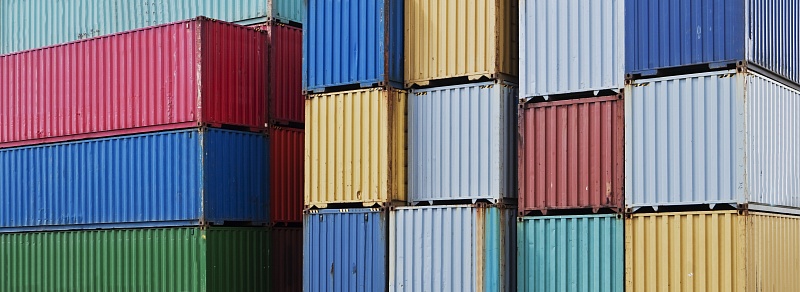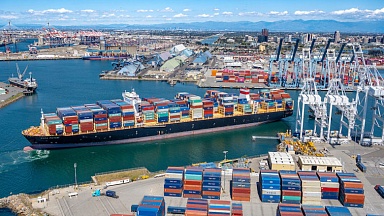THE shortage of containers that is plaguing shippers is not due to any underinvestment in the equipment fleet, but due to the extended time they are spending in transit, according to container shipping specialist Drewry.
«Not only have we got rising cargo demand but there is the continuing disruption across the container supply chain which means it is taking much longer for containers to complete their voyages,» Drewry head of research Martin Dixon told this week’s Digital Container Summit, explaining that said it was these delays that were leading to inefficiencies in the container fleet.
«A lot of that was the effect of blank sailings in the early part of last year that disrupted the recycling of empty containers,» said Mr Dixon, noting that, tracked against port throughput, the container fleet is not unusually small relative to developments in cargo demand. «That process of blankings meant that many containers were in the wrong place.»
That situation has been exacerbated by increasing port congestion, particularly in Europe and North America, and by the blockage of the Suez and by temporary port closures in China — plus shortages of labour in key parts of the supply chain as a result of public health measures or an underlying shortage of staff in sectors like trucking.
He said the disruption will continue well into next year but will abate, but that would take longer than many people expected due to the disruption in the trades. «The issue is not only to do with the containers and where they are but to do with port congestion and whether the ports have capacity to deal with rising demand,» he observed. «Research by Drewry suggests that port capacity will not keep pace with the rising cargo demand, which could be a lingering issue with container cycle times.»



